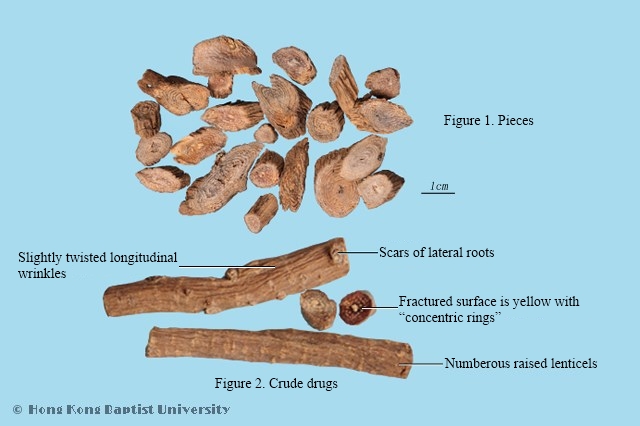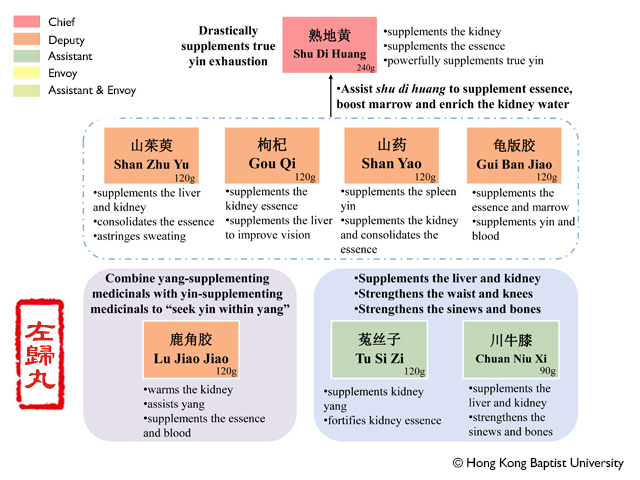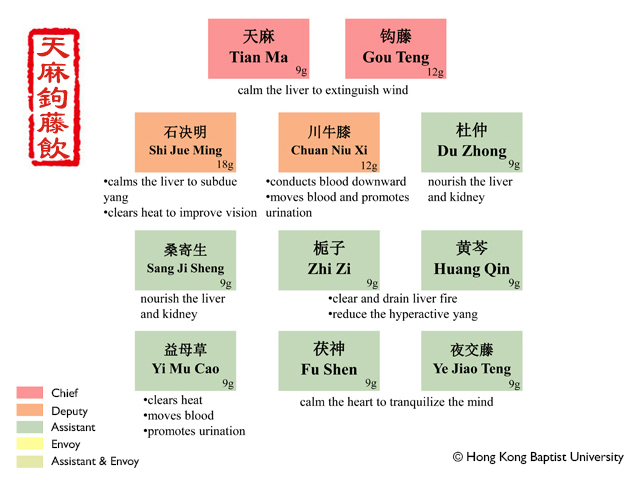Left-Restoring Pill
Action:Enriches kidney yin, supplements essence, and boosts marrow.
Indication:Zuo Gui Wan is used to treat patterns of true yin deficiency marked by dizziness, blurred vision, soreness of the waist and knees, seminal emission, efflux diarrhea, spontaneous sweating, night sweat, a dry mouth and tongue, a red tongue with a scanty coating, and a thready pulse.


